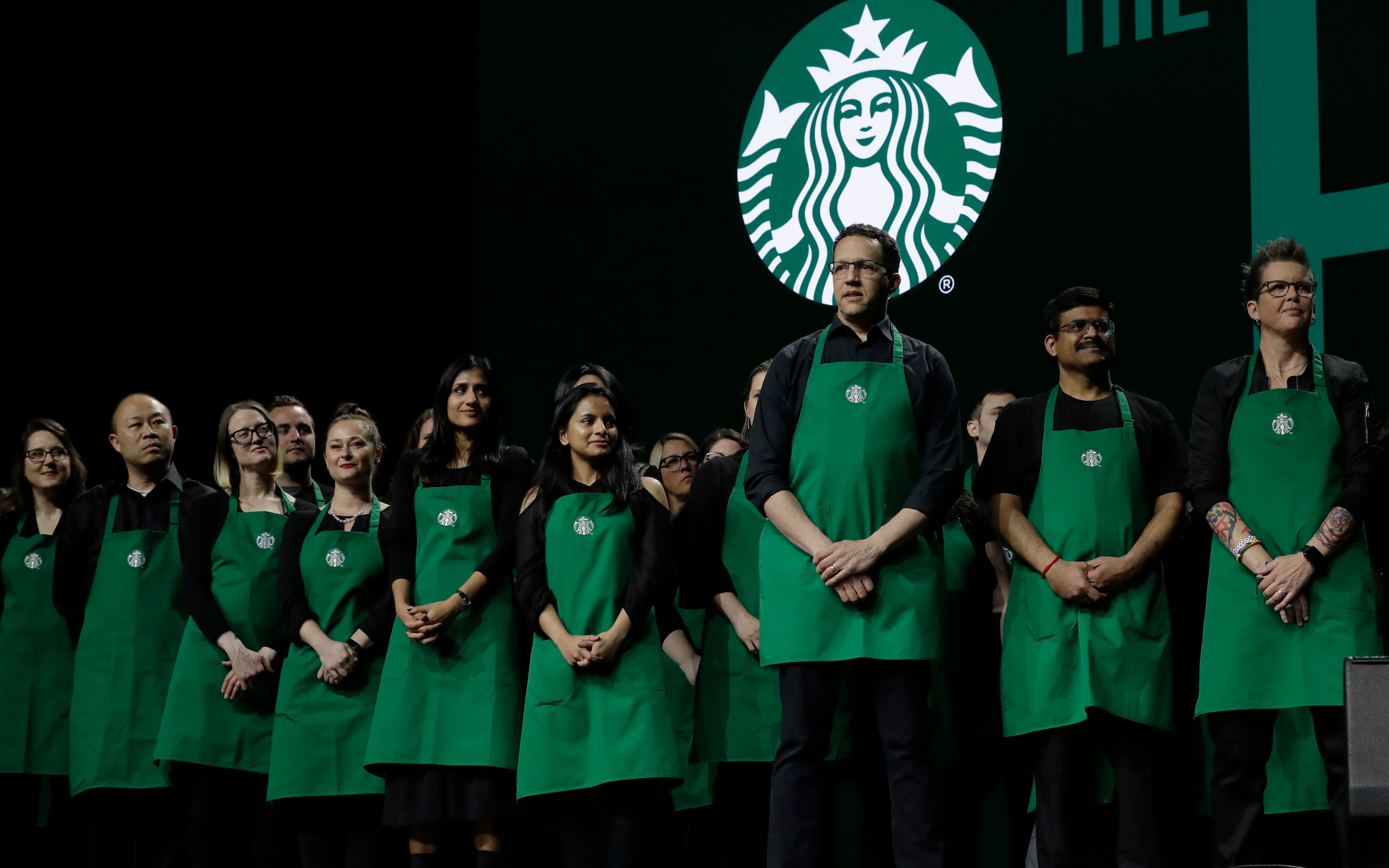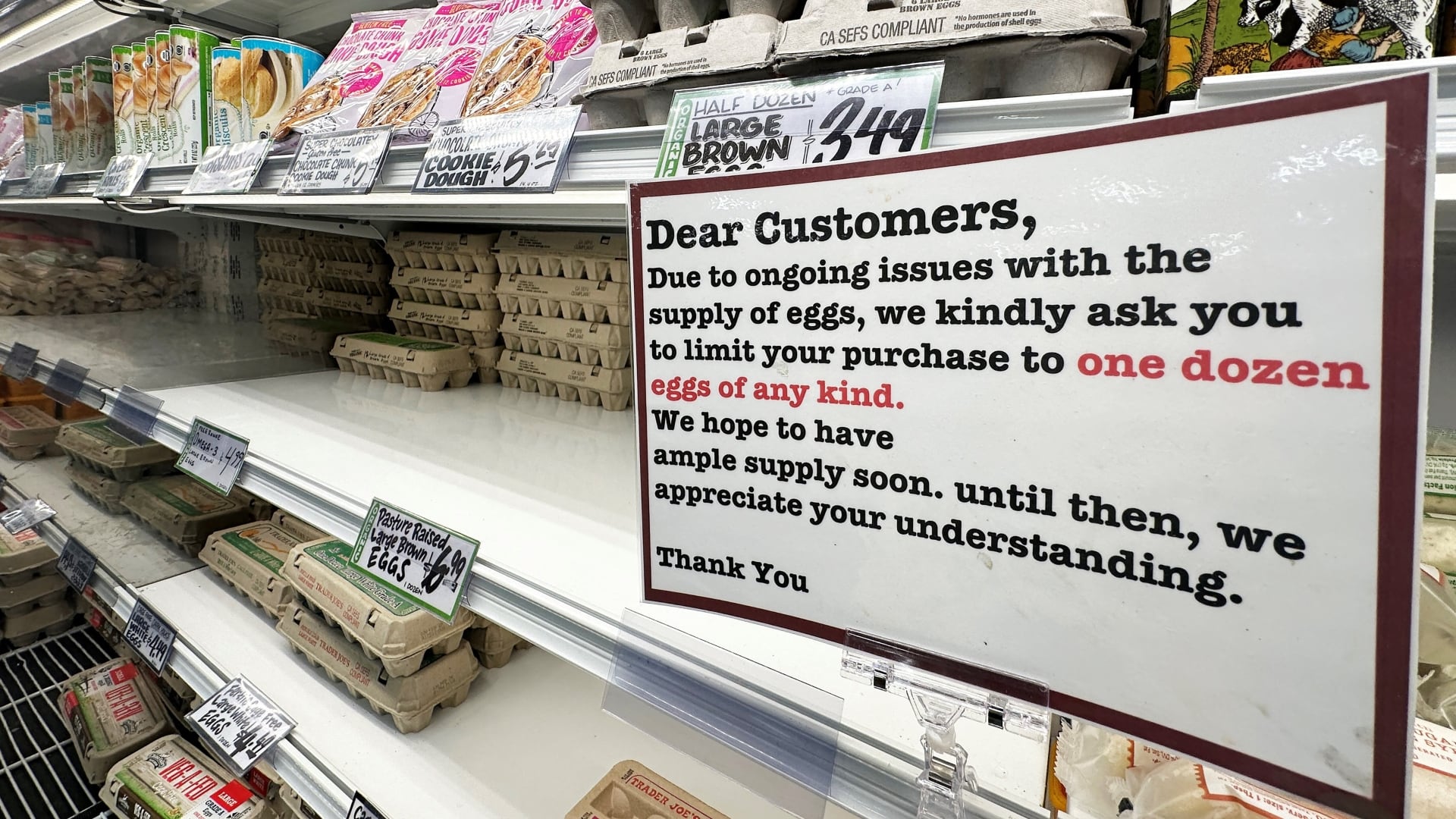With limitations placed on travel this year, some Americans opted to hit the road in RVs. While demand for recreational vehicles spiked this year, seen as a safer way to travel during the COVID-19 pandemic, James Ashurst, executive vice president at the RV Industry Association, said the road trip-ready vehicles were already trending with consumers.
"Obviously the RV industry has been in the spotlight during the pandemic but if you look back as far as 1980, the industry has really been surging in terms of growth from 106,000 units back then to over 420,000 units this year with an expectation of over 500,000 in 2021," Ashurst told Cheddar.
Florida-based Lazydays RV reported Q3 sales of $194.6 million, a 40 percent increase year-over-year. Many of these sales can be attributed to young first-time buyers looking to experience nature, he said.
"It's been countrywide that we've seen sales through the roof," Ashurst added.
"We've really been trying to lower the age of buyers and renters and trying to appeal to people who are passionate about getting outdoors."
As the travel industry continues to endure the blow to business, RVs are likely to continue trending upward as living and traveling in a personal vehicle eases health concerns and allows consumers to have "the freedom and control to create their own itinerary," said Ashurst.
According to Ashurst, most buyers and renters aren't making long treks in their RVs.
"A lot of people always think about that huge cross country trip," he said. "But, most people stay within 200 miles of their home on most of their trips."
With restrictions in place on indoor activities in many states, RV-ing is offering potential travelers the opportunity to stay safe while getting out of the house.
"The outdoor industry, on a whole, has just really seen a boom, and it's been a trend that's been growing. And, I think, as other types of travel haven't been as obtainable, I think it's really put an additional appeal on being outdoors," Ashurst said.












